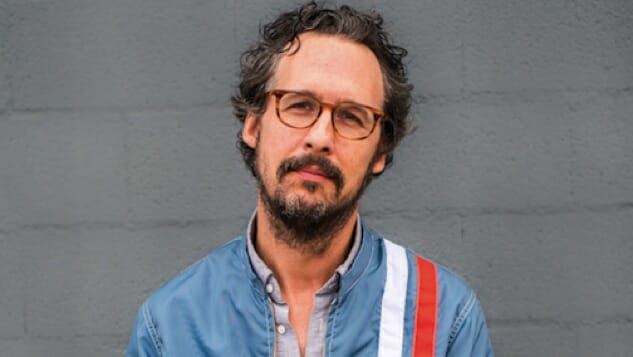Exclusive Excerpt: Everything In Its Right Place: How Blockchain Technology Will Lead To A More Transparent Music Industry

George Howard’s latest book Everything In Its Right Place: How Blockchain Technology Will Lead To A More Transparent Music Industry features interviews with music veterans about the intersection of technology and music. Read an excerpt below featuring his interview with cellist Zoë Keating (Amanda Palmer, John Vanderslice).

I’ve now written two columns focusing on crypto currency (dominantly Bitcoin) and its potential utilization in the arts generally, and music specifically, to engender better tracking and transparency.
These articles have generated conversation, but I’m left with a strong sense that—while many people (a lot of whom profess to be experts) have very strong ideas and opinions about the relative merits and possibilities of crypto currency—there are depressingly few direct examples of the utilization of this technology affecting change with respect to transparency or accounting in art/music.
What compounds the difficulty in terms of pinpointing use cases is that—unlike other emergent technologies (Virtual Reality, etc.), crypto-currencies (mostly Bitcoin) are aggressively traded. As such, many thoughts put forward with respect to usages (current or imagined) must be viewed skeptically. One must wonder, for instance, if the person who champions a particular currency-related use case is doing so because he stands to financially benefit; i.e. they might be holding a lot of Bitcoins.
All caveats aside, my enthusiasm for Cryptocurrency remains high, even while specifics around use cases in the arts is cloudy. I thought it wise therefore to bring in another voice—a voice I know to be transparent and trustworthy—to the conversation to discuss this topic.
Zoë Keating is not only a fine musician/composer (“Into the Trees”, Ms. Keating’s SoundCloud postings), but also an artist who has embraced transparency around her music more so than any artist I know. For example, Ms. Keating frequently posts detailed royalty statements that allow people to see unvarnished accountings.
I imagine it’s this combination of musical brilliance and the embracing of technology/transparency that led Ms. Keating to being invited to The Blockchain Summit held at Richard Branson’s Necker Island.
I asked Ms. Keating some questions about this experience, and her thoughts on crypto generally, and her responses (edited only for grammar and clarity) are below. I urge you to read the entirety of Ms. Keating’s responses; they are the most clearly articulated on this topic I’ve yet to see.
In the interest of disclosure, I have known Zoe for a number of years, and we did work together on one project several years ago with the composer Mark Isham.
George Howard: What were your overall impressions of the event?
-

-

-

-

-

-

-

-

-

-

-

-

-

-

-

-

-

-

-

-

-

-

-

-

-

-

-

-

-

-

-

-

-

-

-

-

-

-

-

-








































